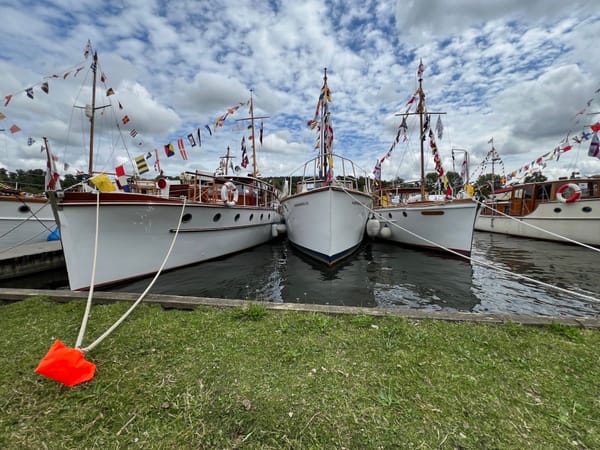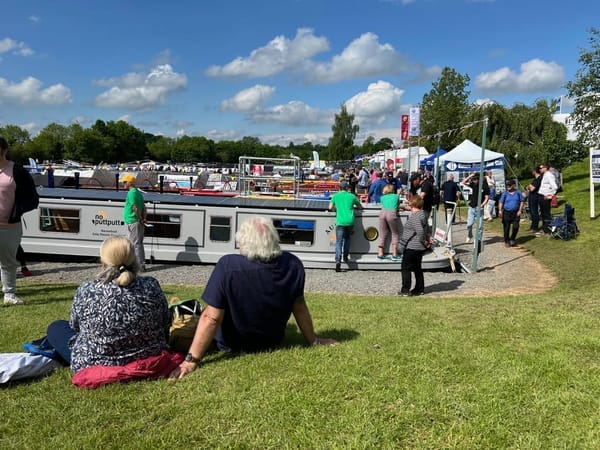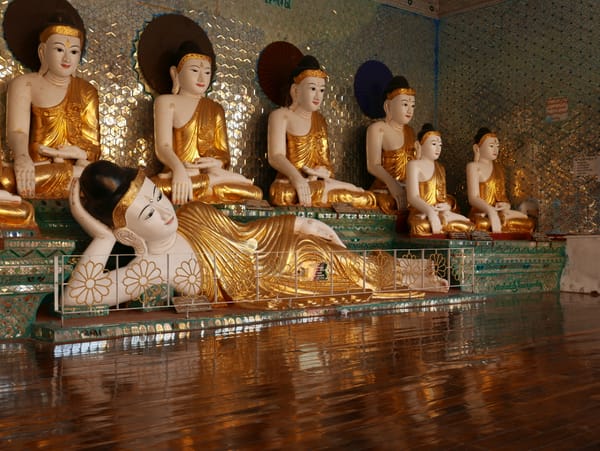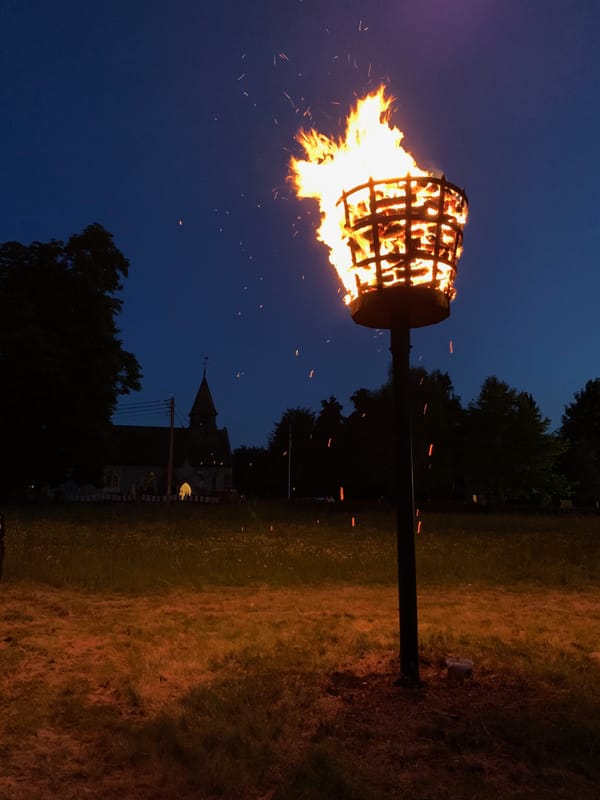Myanmar (Burma) — Taukkyan War Cemetery, Yangon (Rangoon), Myanmar (Burma)
I finally found the Taukkyan War Cemetery
March 2015
The Taukkyan War Cemetery is about 20 miles (ca. 30 km), 50 minutes excluding traffic, north of Yangon (Rangoon), and it is a remarkable place worth a visit.
The taxi to the cemetery cost 15,000 kyats (US$15, £10) each way and took around 90 minutes to complete the journey — again, each way. It is so far out of Yangon (Rangoon) that the ’no motorbikes’ rule no longer applies.
I found the cemetery to be a remarkable place and profoundly moving. It is beautifully designed and very well-kept. While there, I witnessed (see the photos below) the workers repainting the memorial plaques with incredible attention to detail.
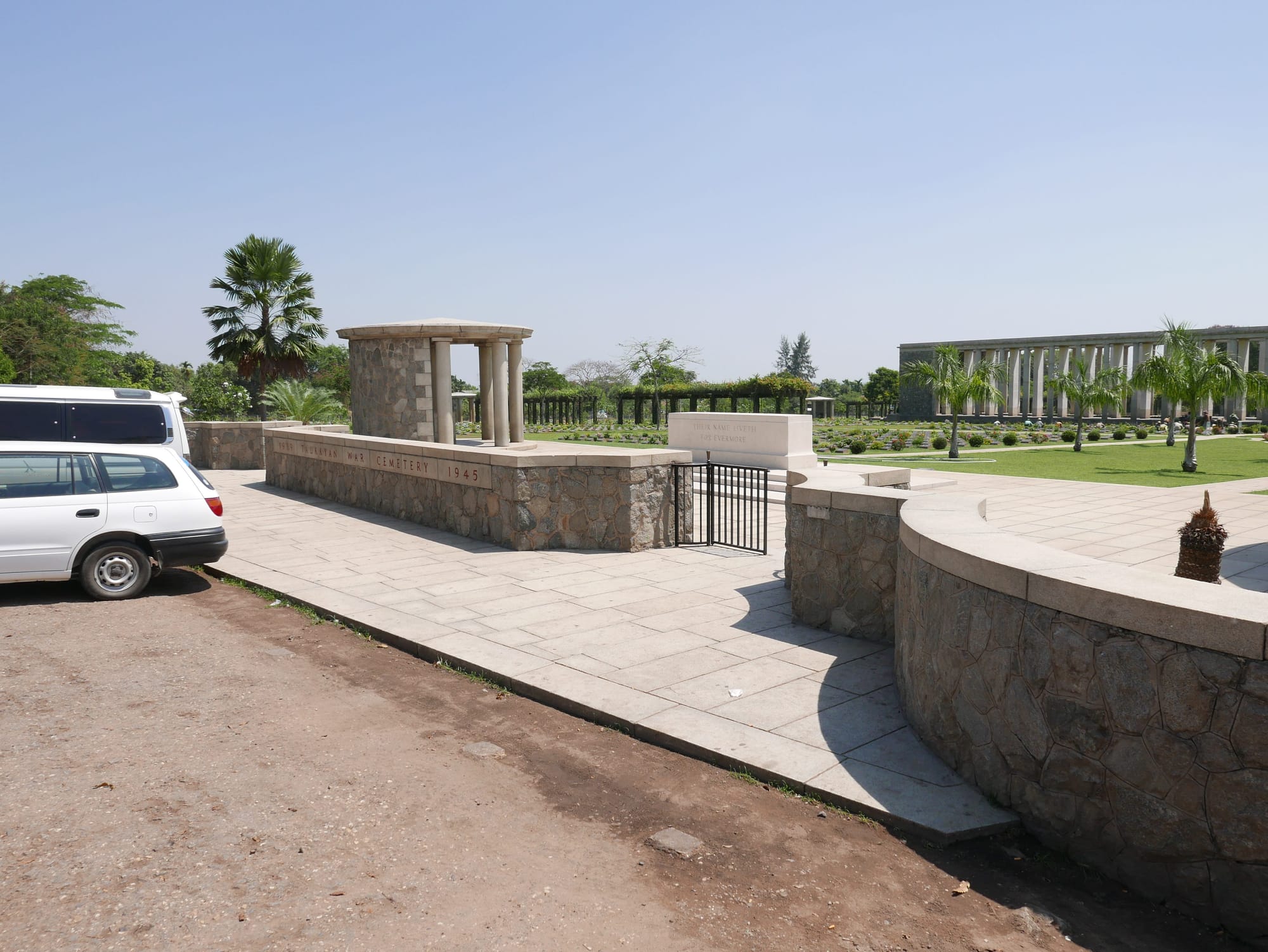
Just inside the front gate is an inscription that reads:
“1939–1945 The land on which this cemetery stands is the gift of the Burmese people for the perpetual resting place of the sailors soldiers and airmen who are honoured here”
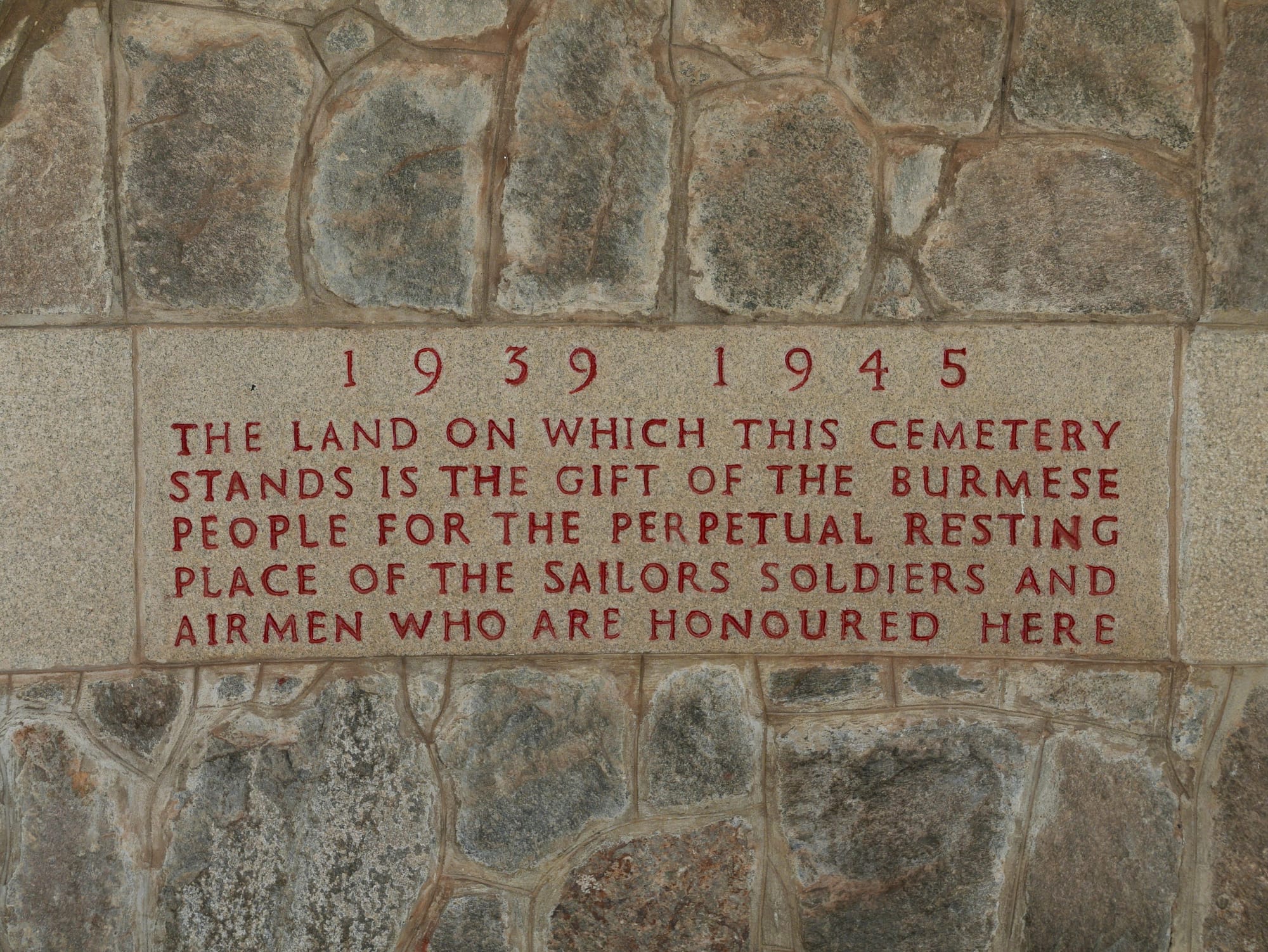
There is also a sign that reads:
“The land on which this cemetery stand is the perpetual resting place of the sailors, soldiers and air.men who gave their lives during World War I & Il, that solemn site for the sake of honour and respect. Dumping, gathering, romping, being noisy, disturbing others and inappropriate behaviours are prohibited.”
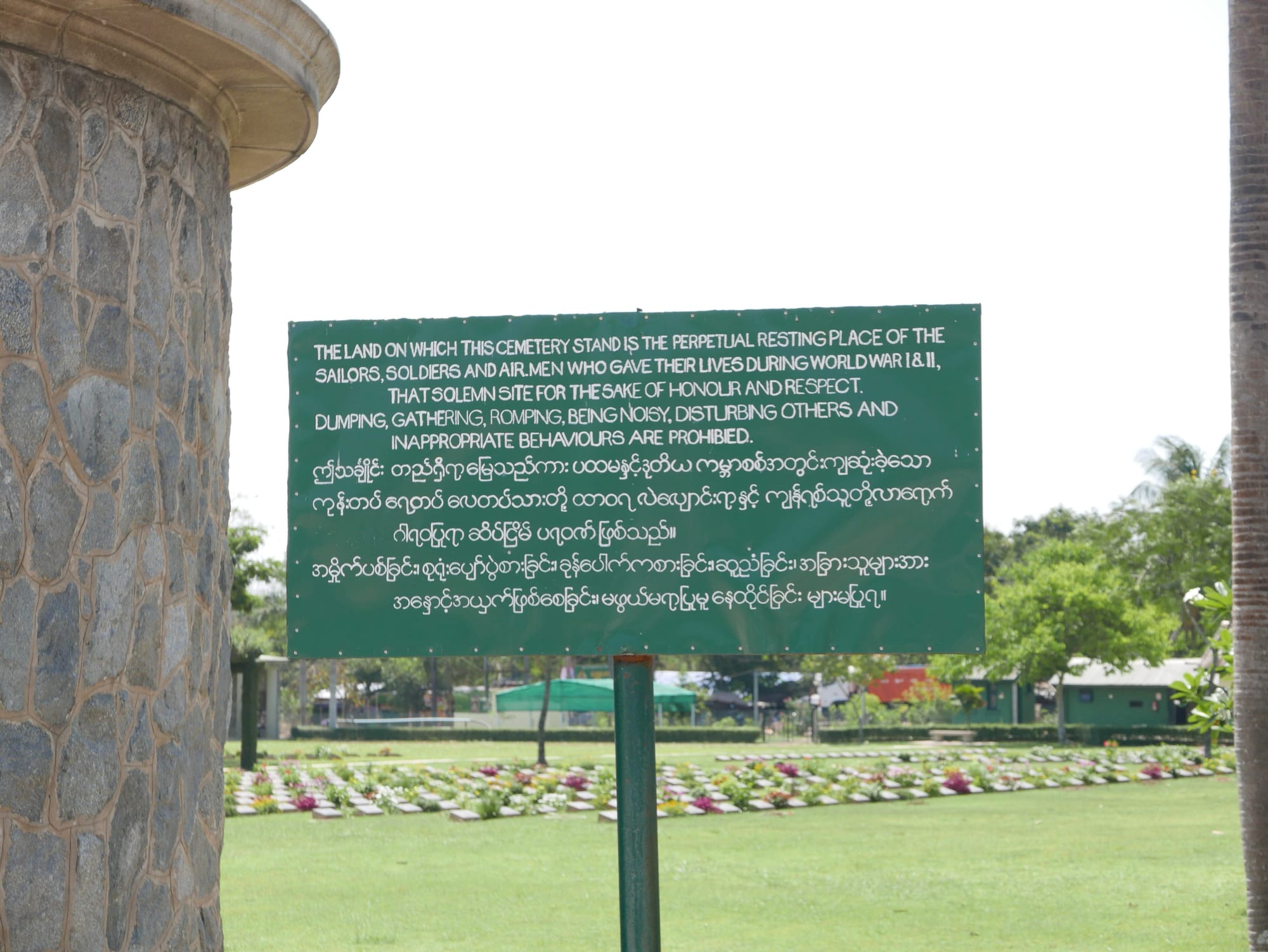
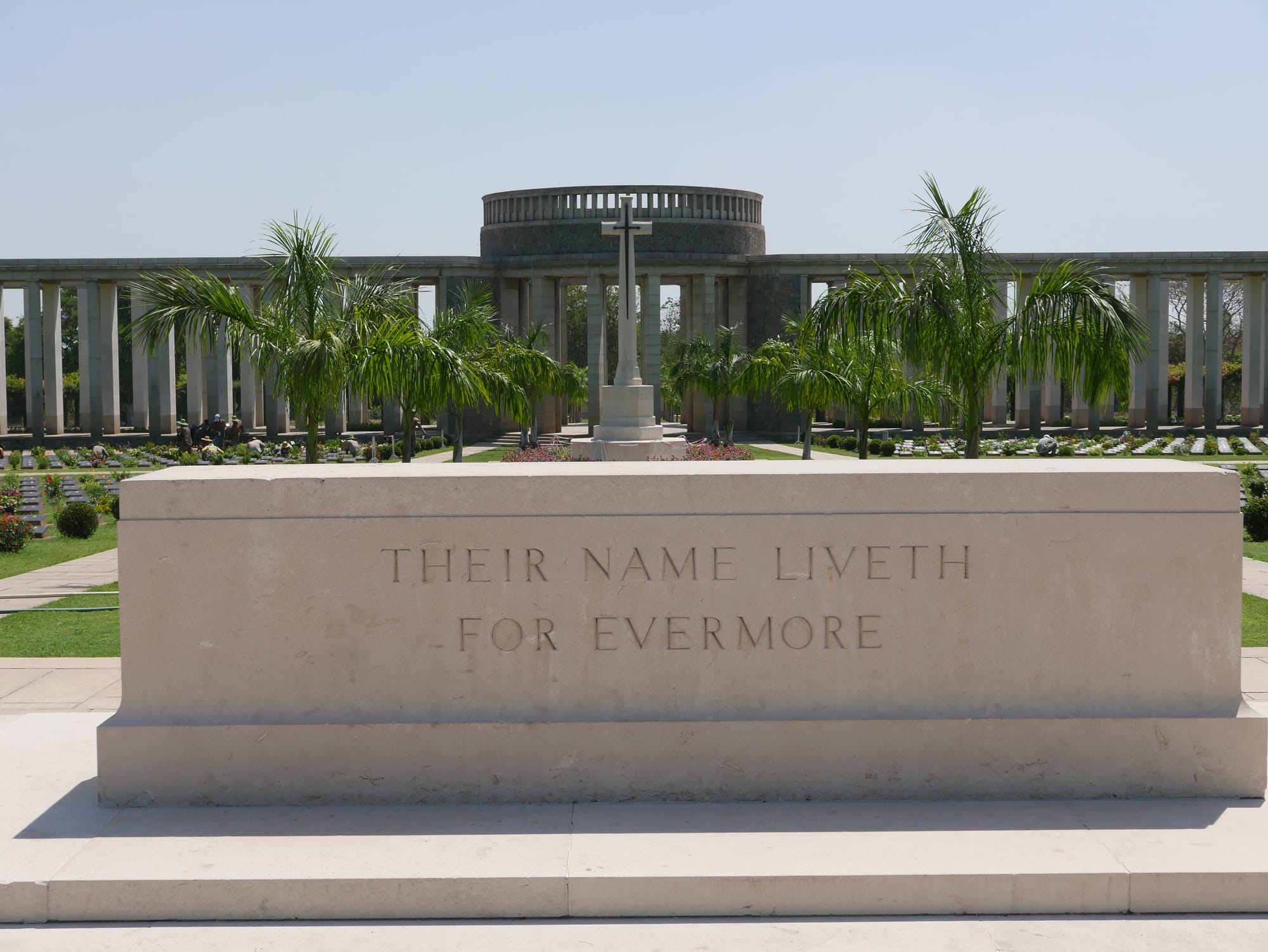
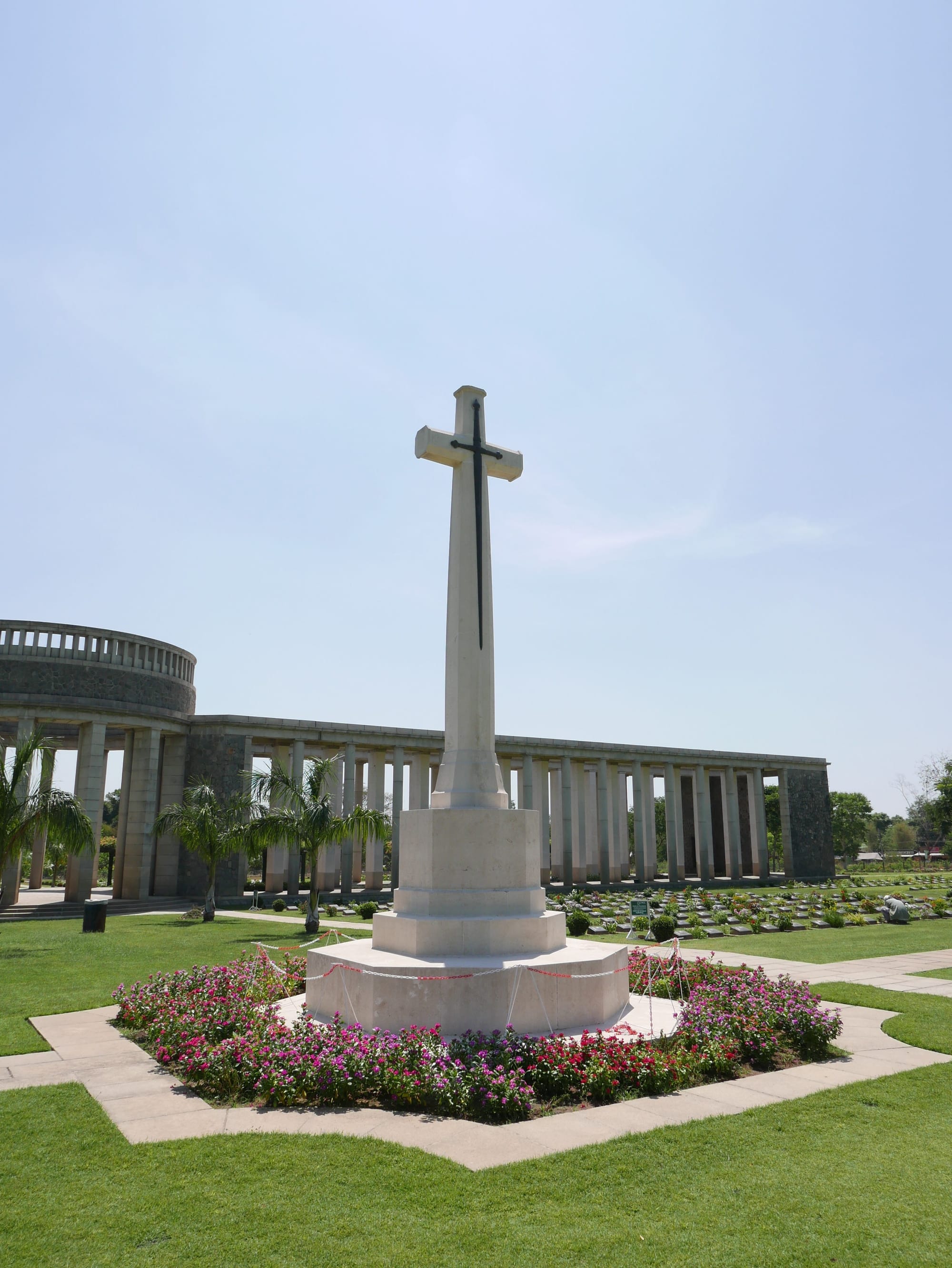
The war cemetery was amazingly well maintained. When I visited, I watched a group of workers carefully cleaning the graves and repainting the markers.
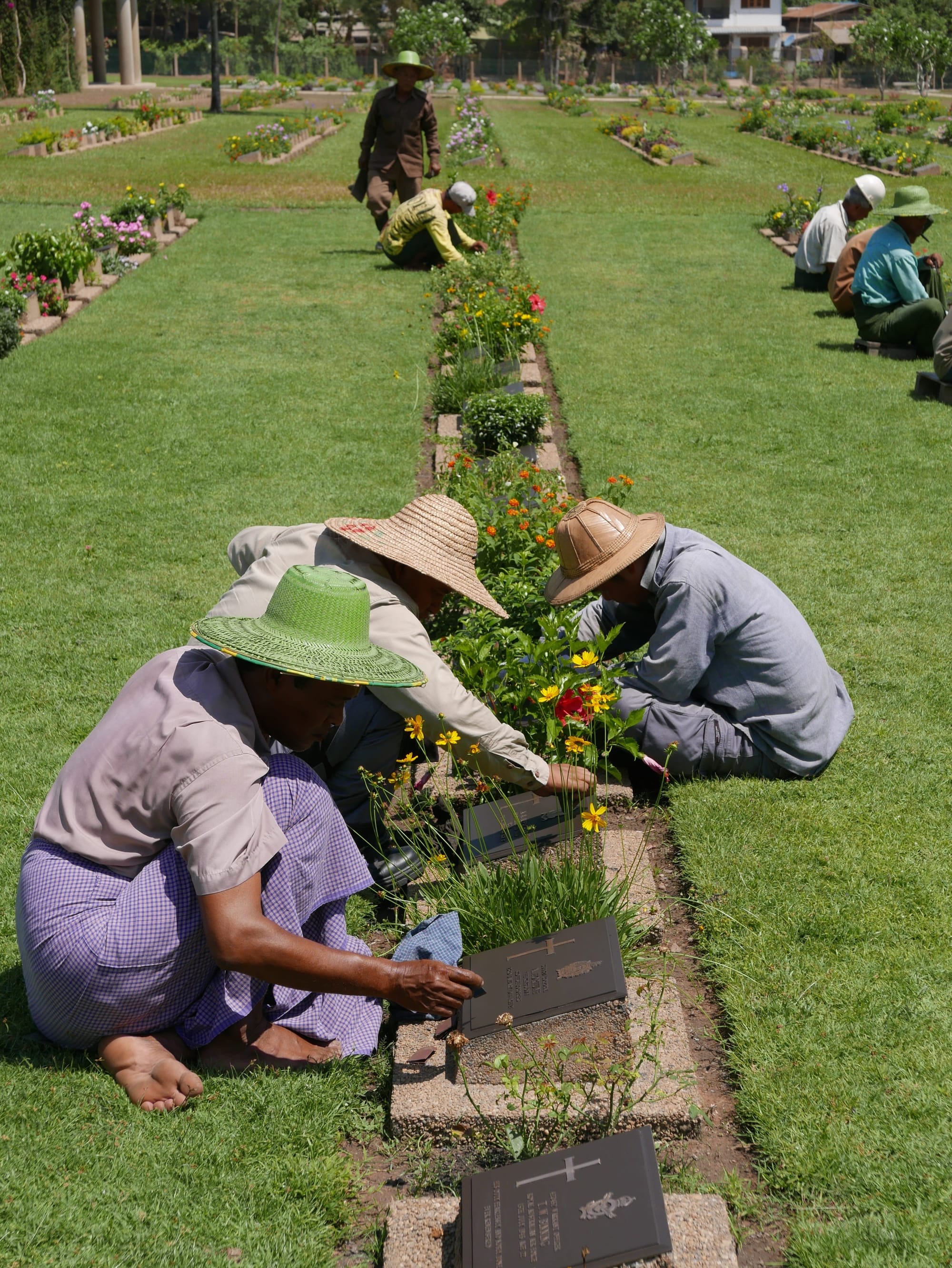
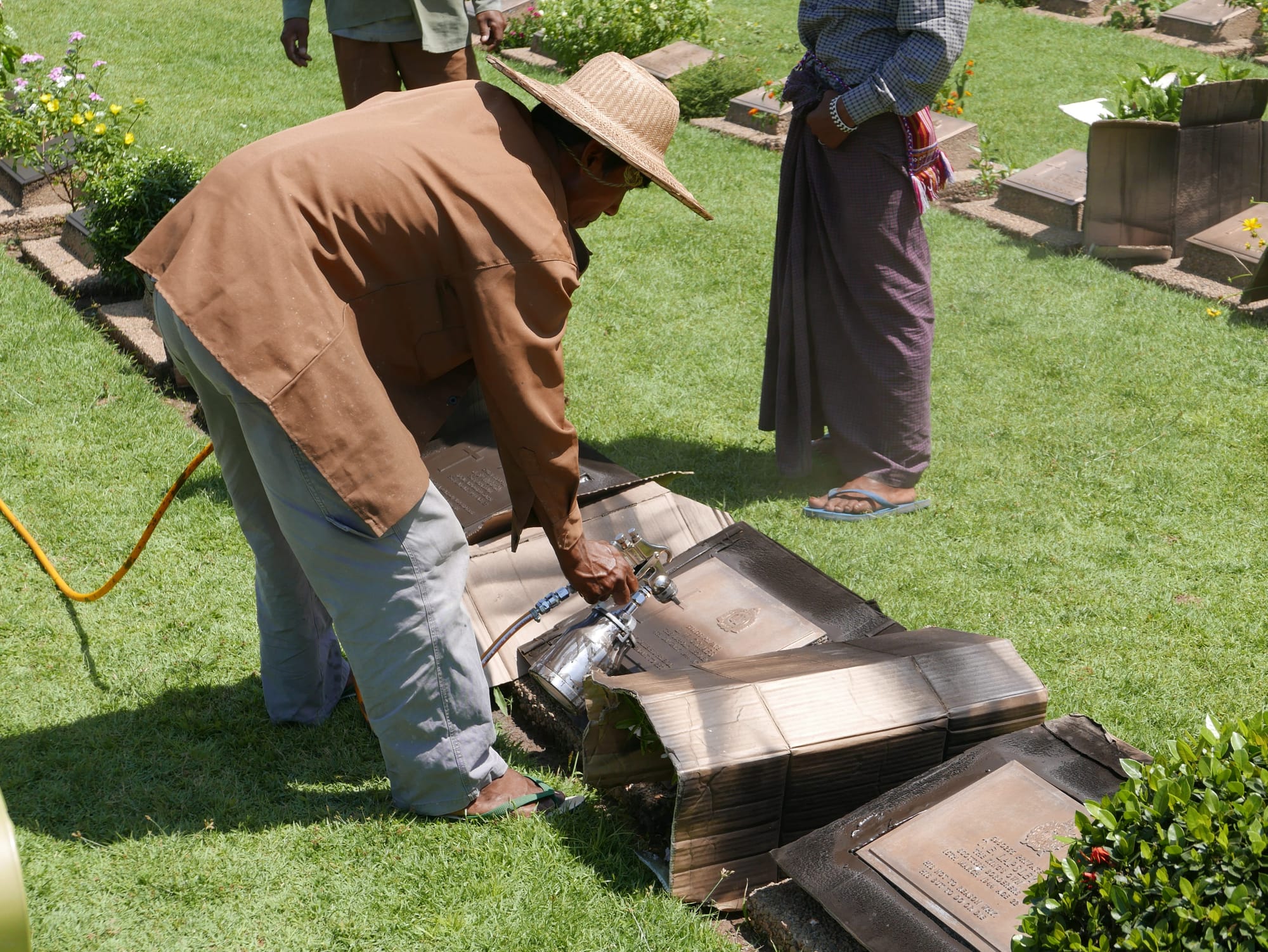
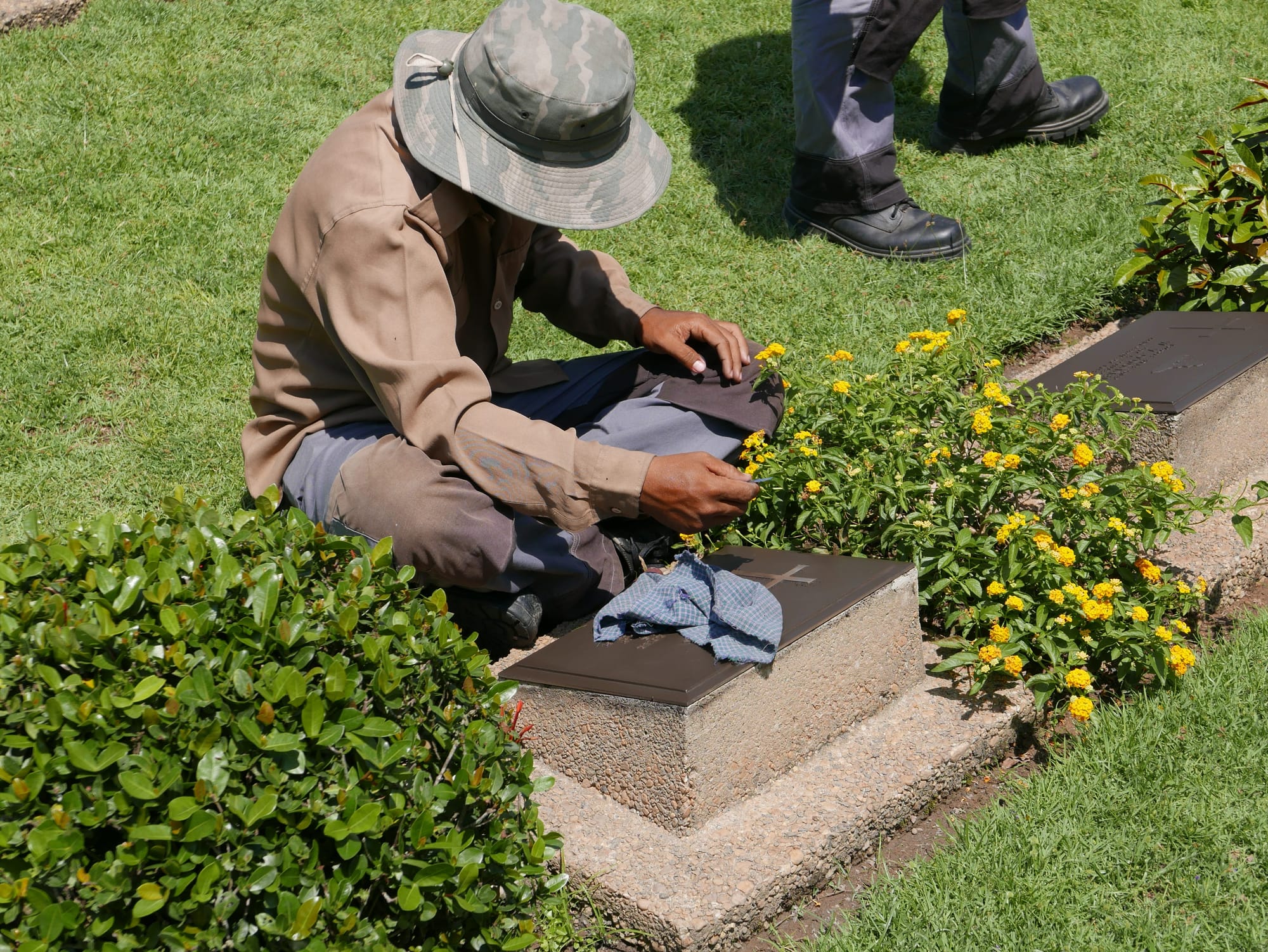
The marker plaques were stripped back.
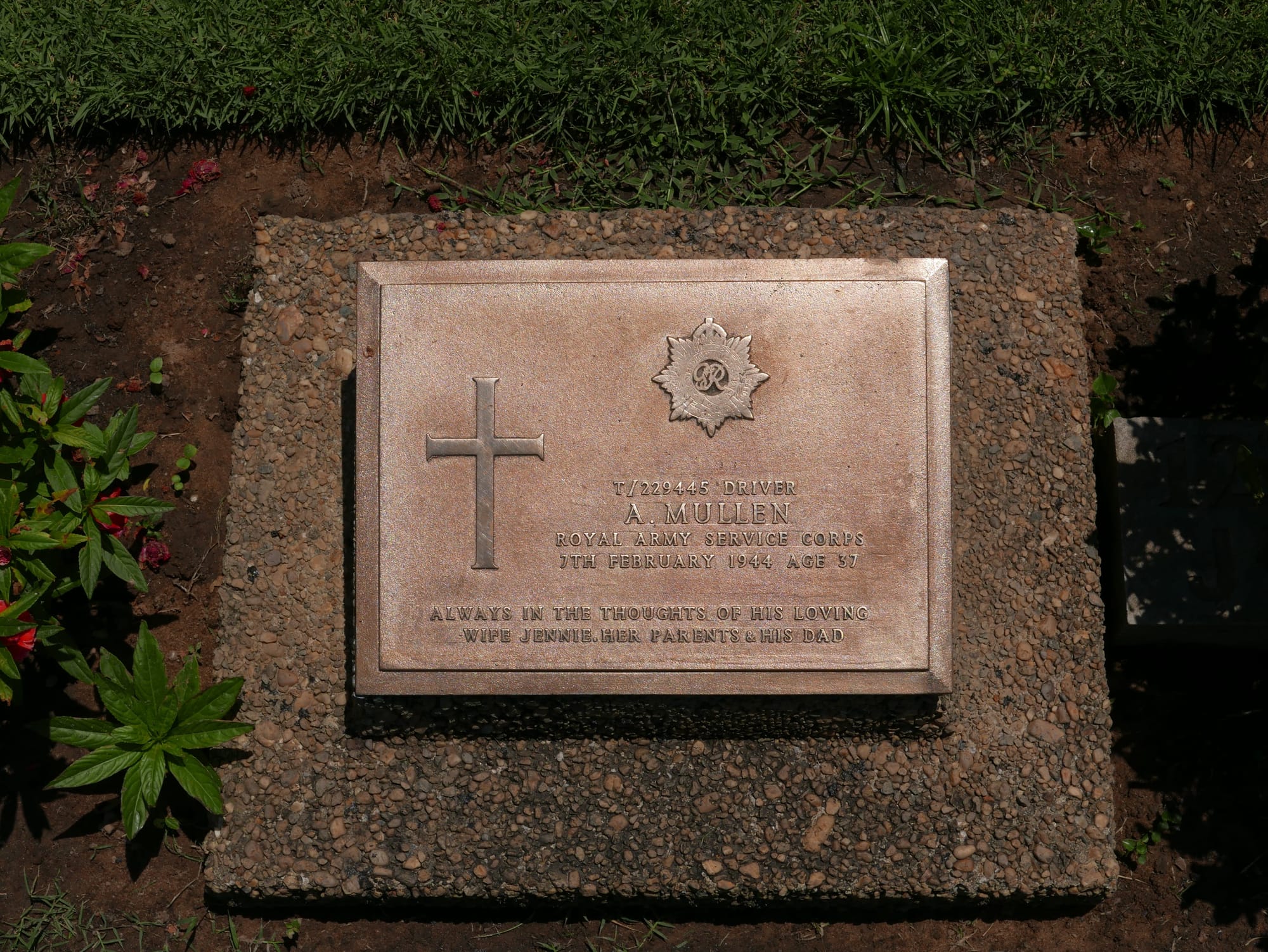
Resprayed.
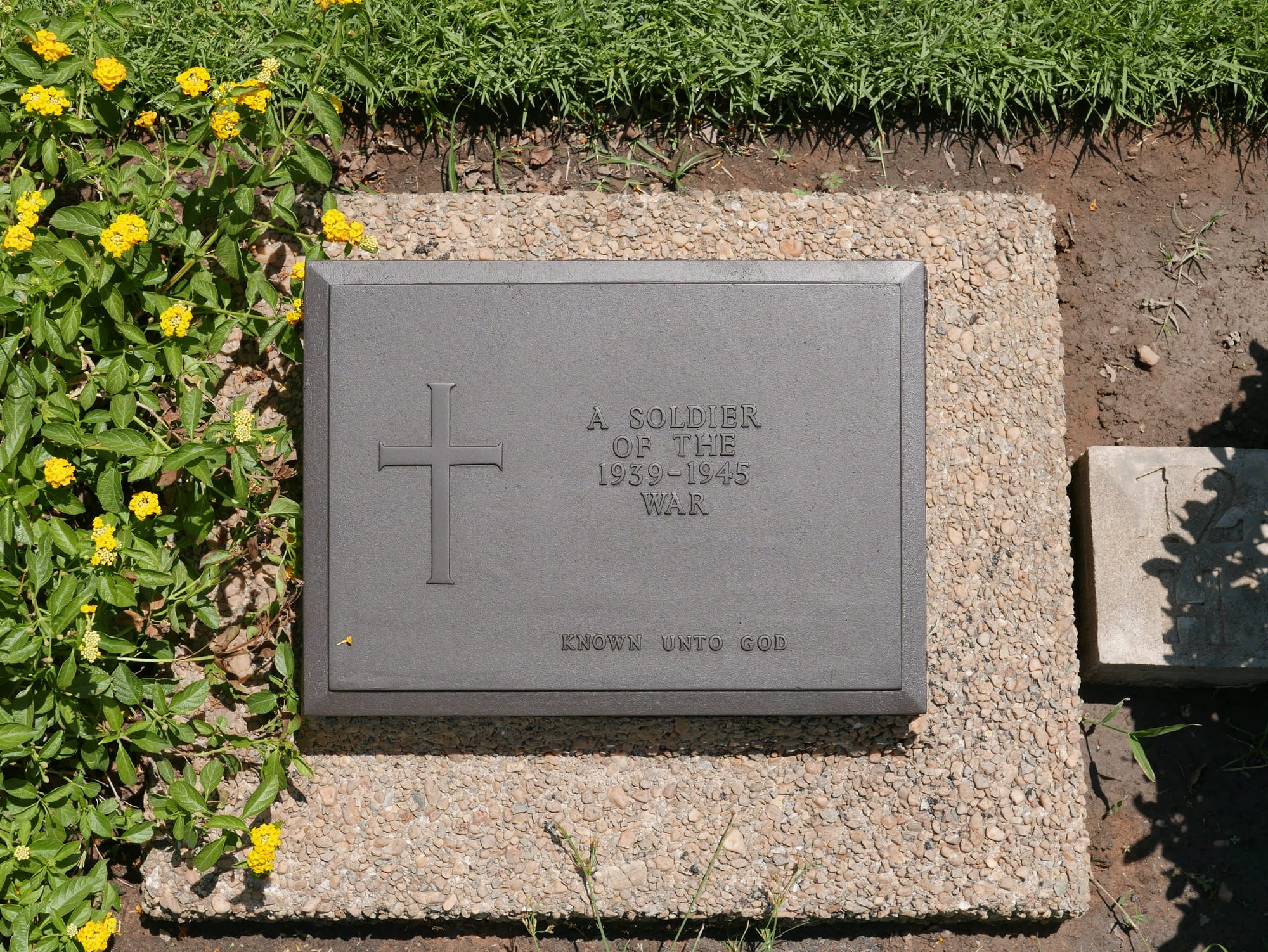
And then cleaned to reveal the details. Stunning work.
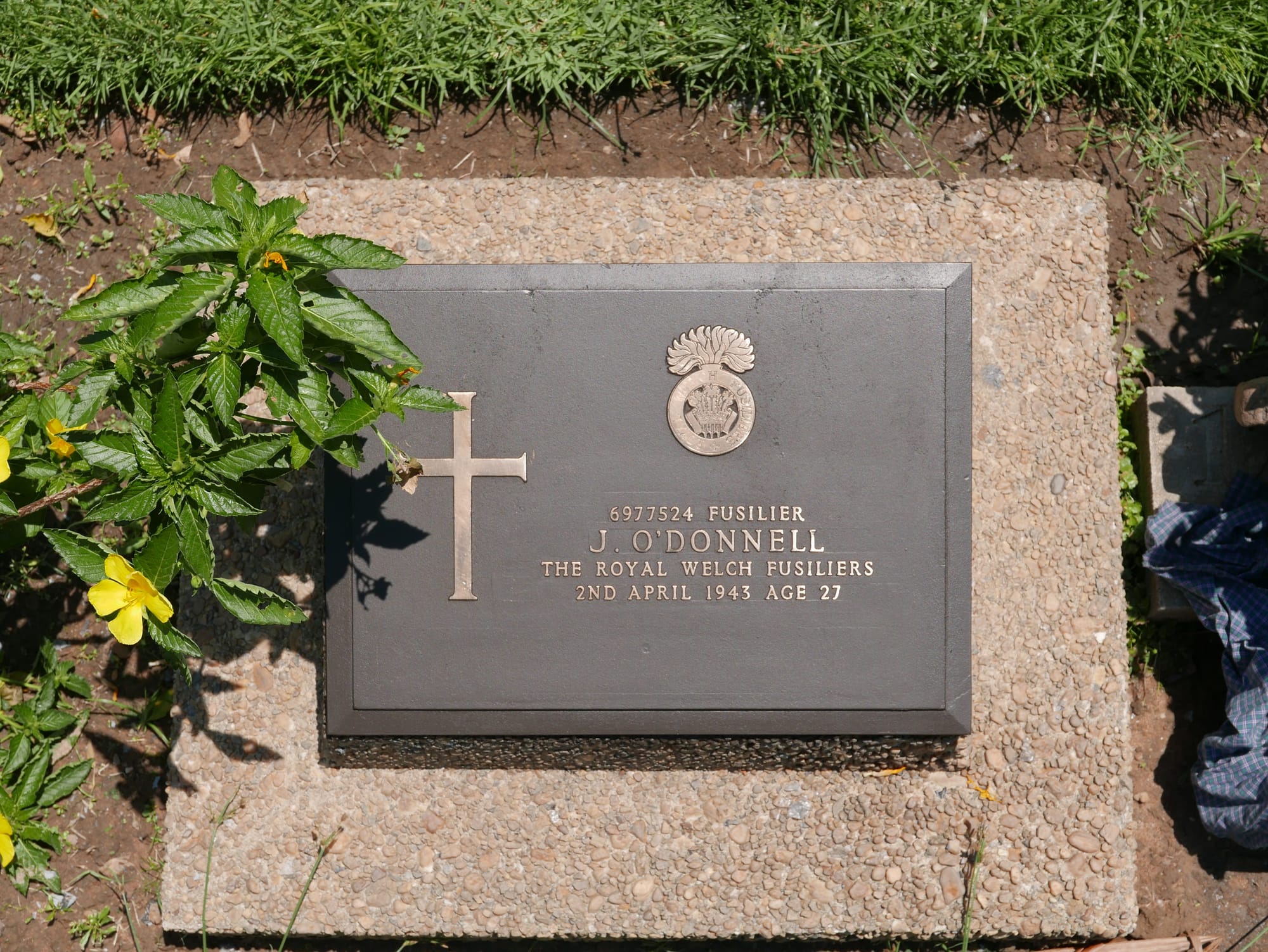
The Taukkyan War Cemetery, Yangon (Rangoon), Myanmar (Burma), was very well-kept, and I was not the only visitor.
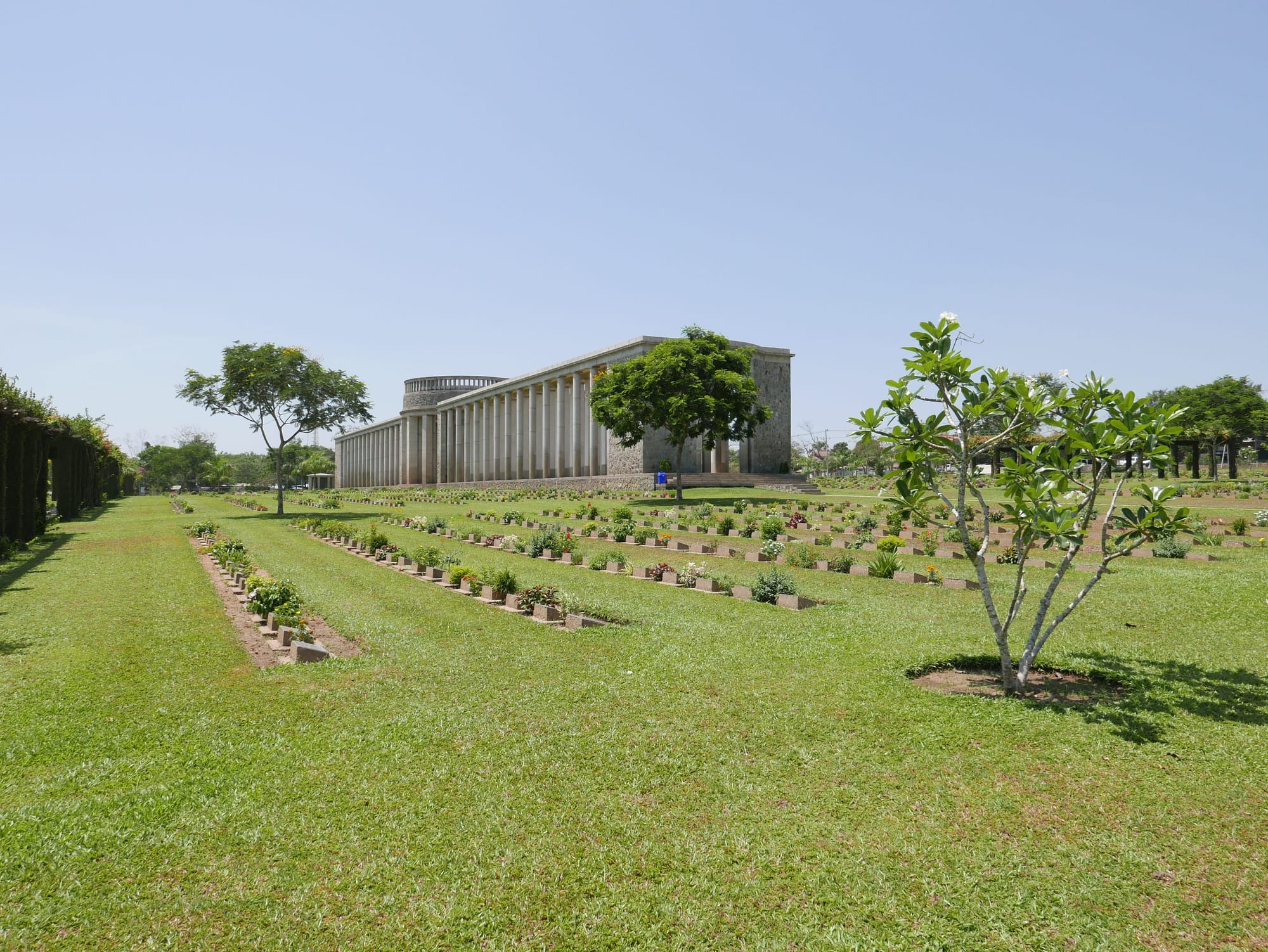
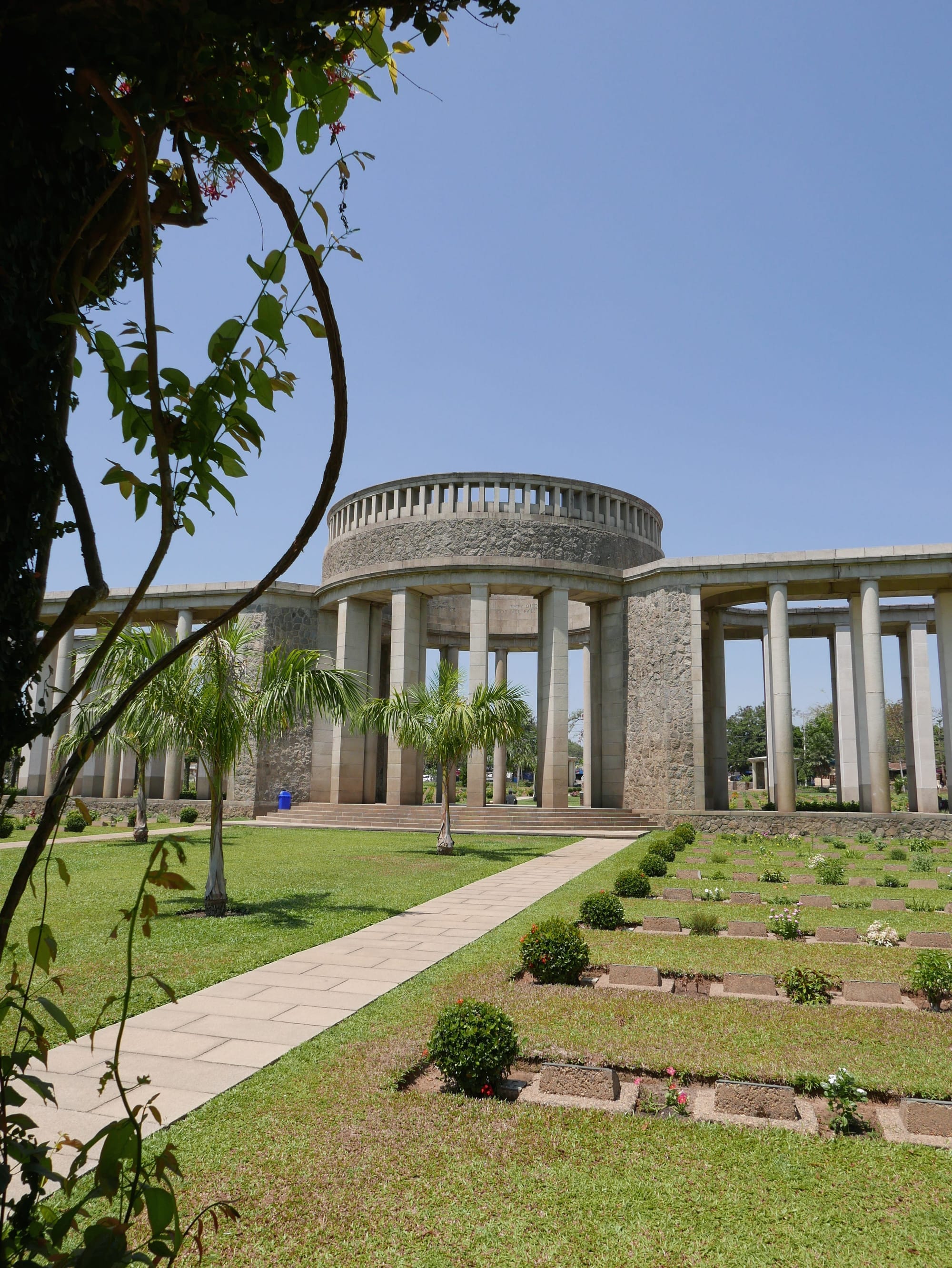
The central part of the main memorial had the inscription:
“Here are recorded the names of twenty-seven thousand soldiers of many races united in service to the British Crown who gave their lives in Burma and Assam but to who the fortunes of war denied the customary rites accorded to their comrades in death.”
The memorial building records the names of nearly 27,000 service members who were killed in the second world war and had no known grave.
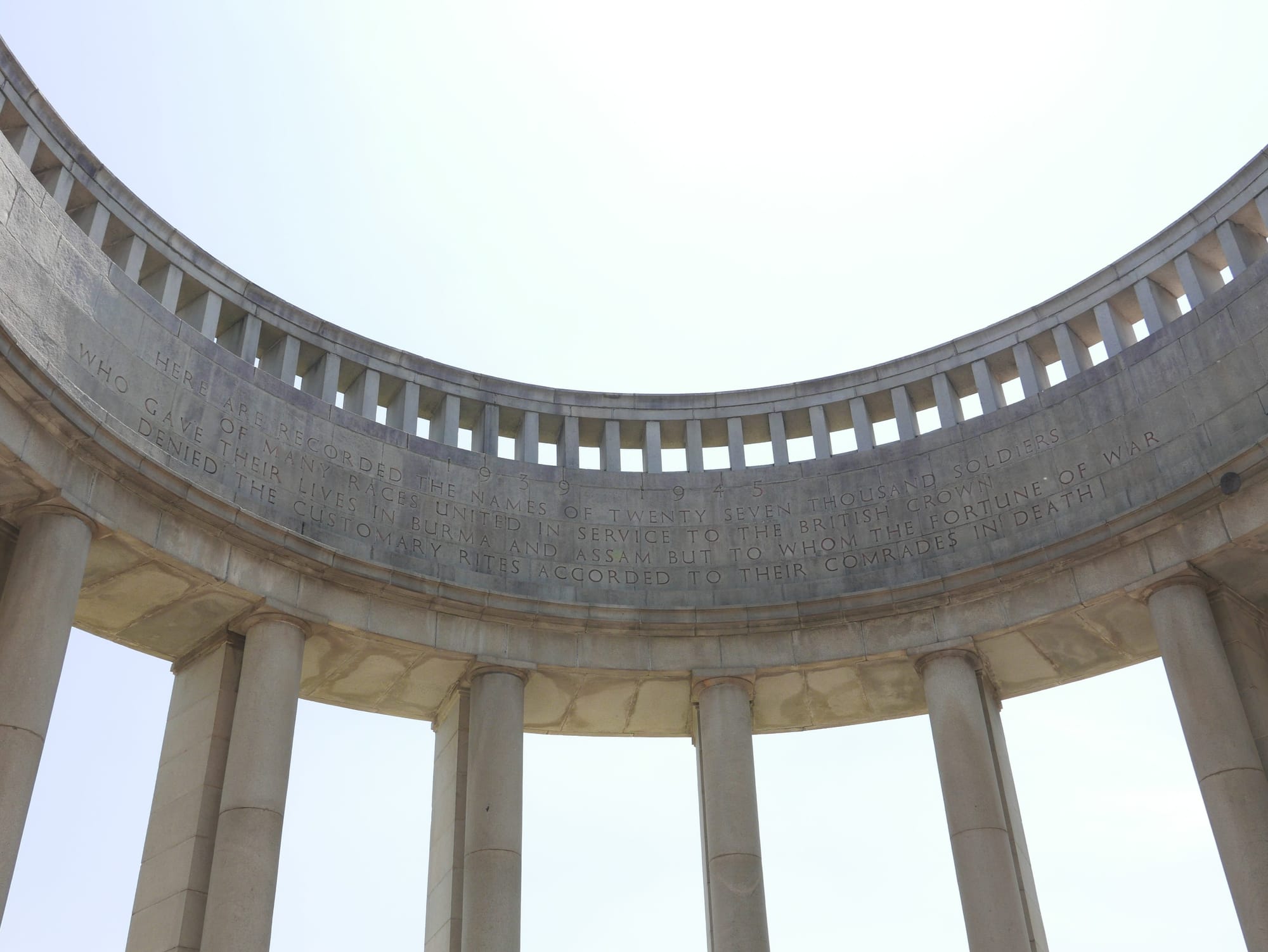
Walking between the pillars is a humbling experience.
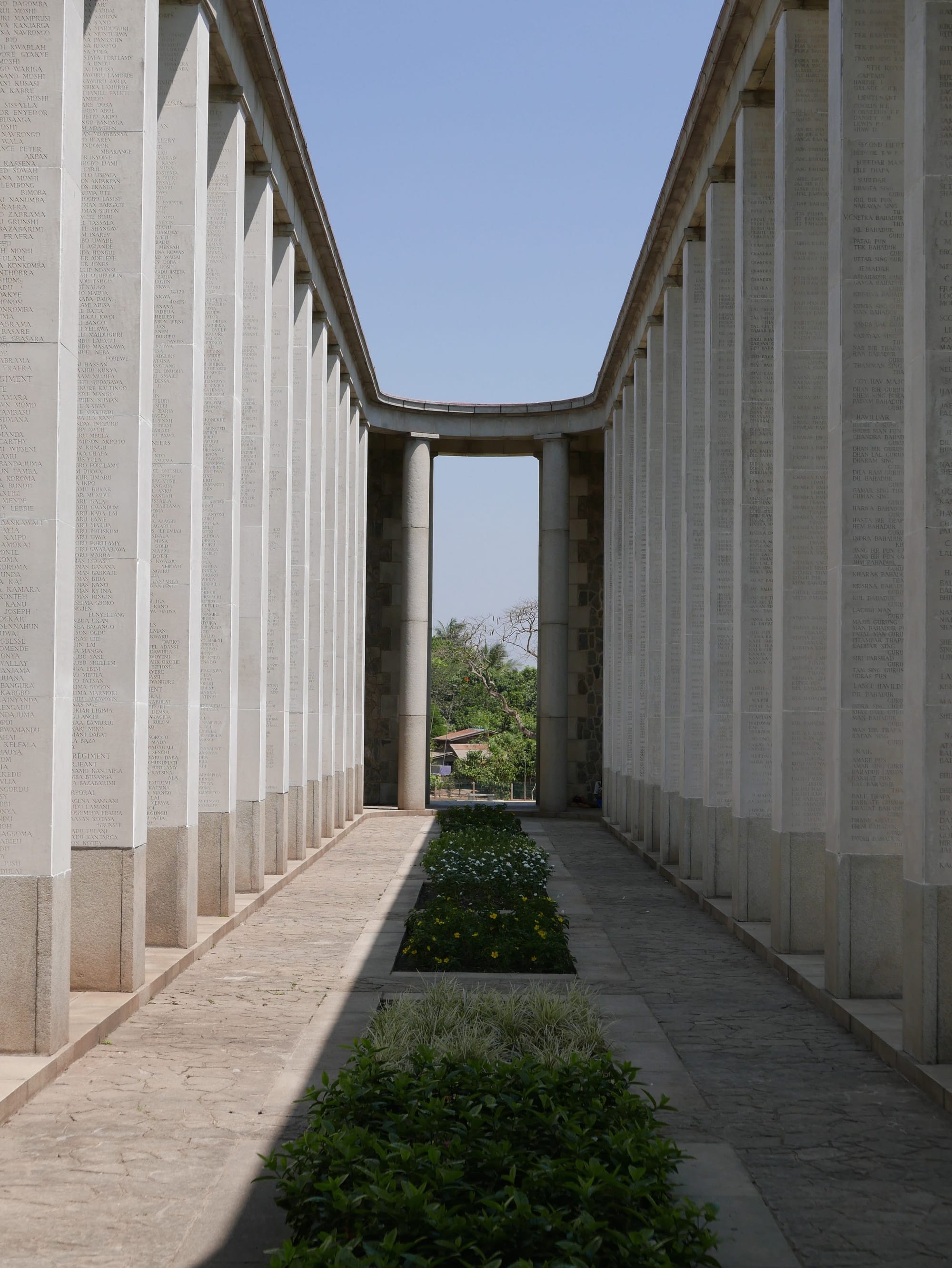
What is striking was not only the number of names, but all the different parts of the world from where the service members came, plus how many of them were from India and Nepal (the Gurkhas).
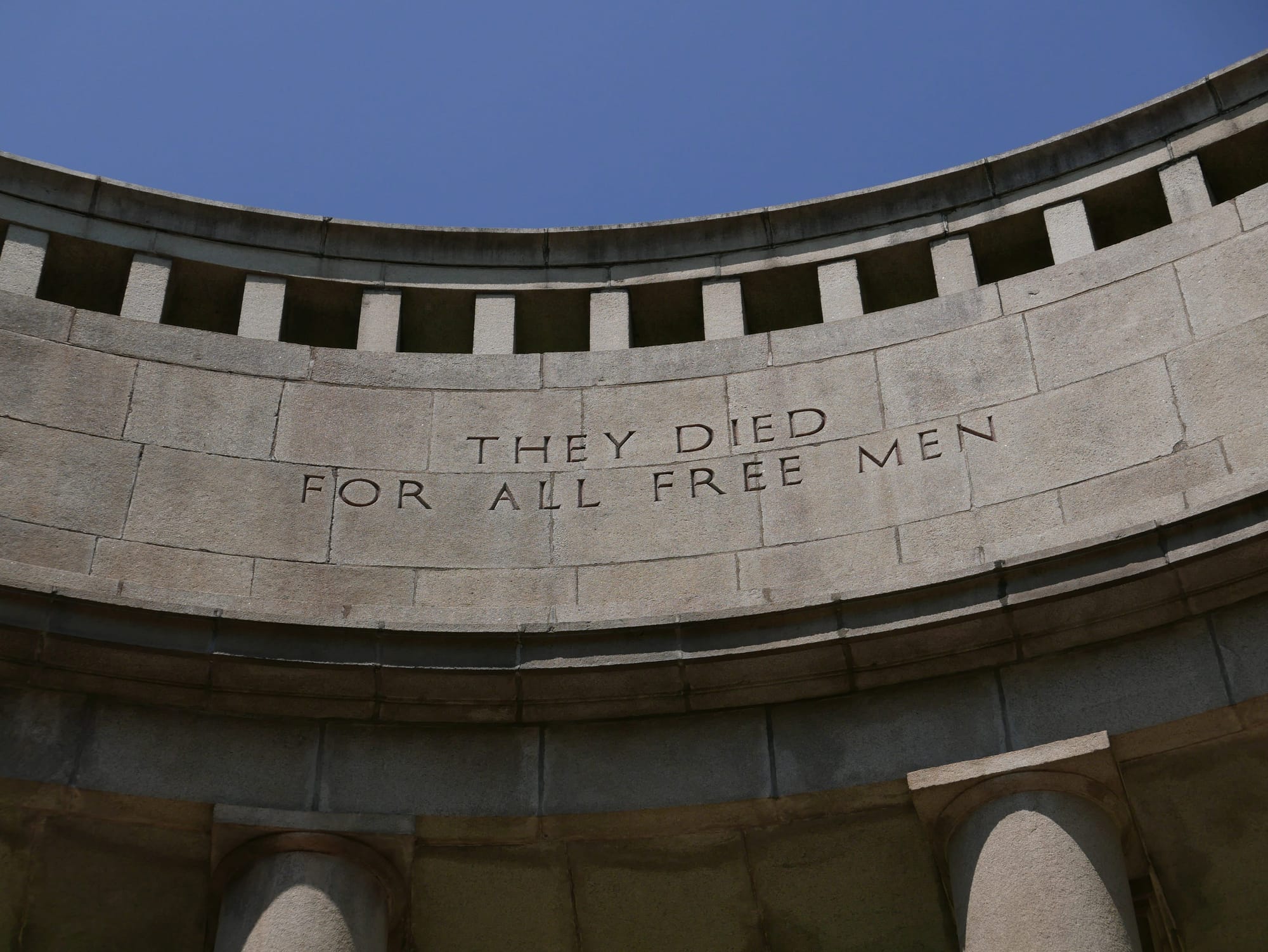
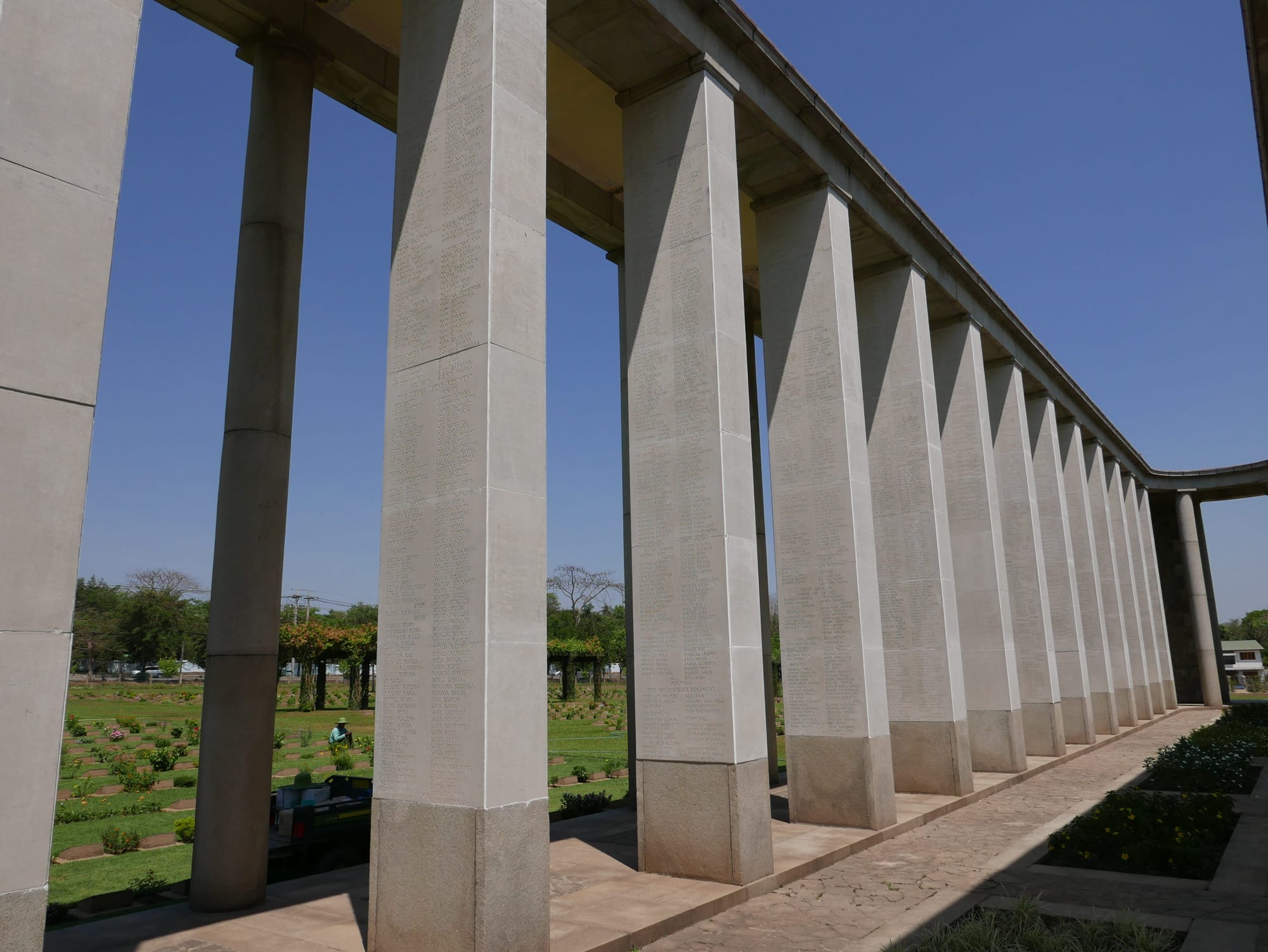
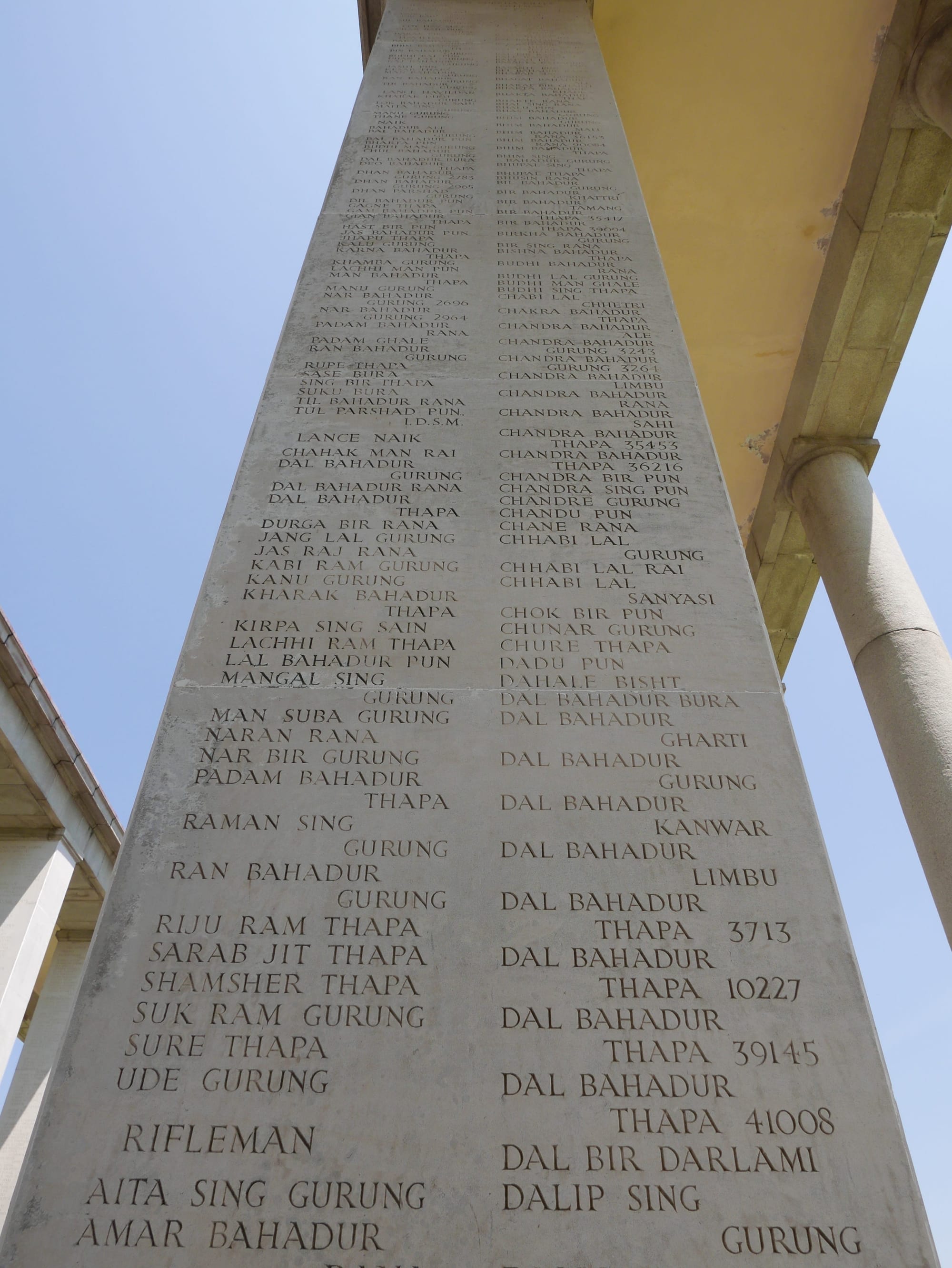
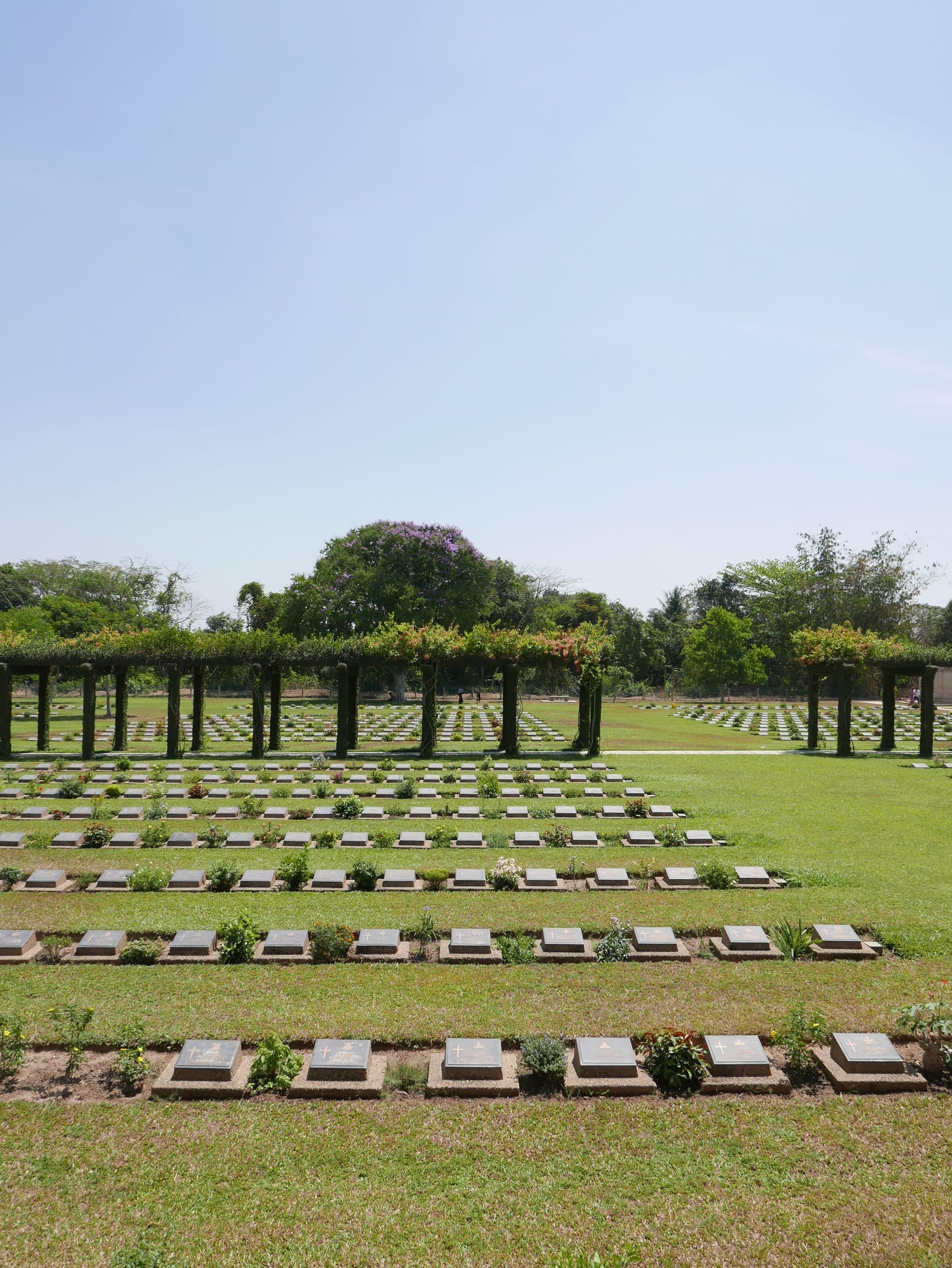
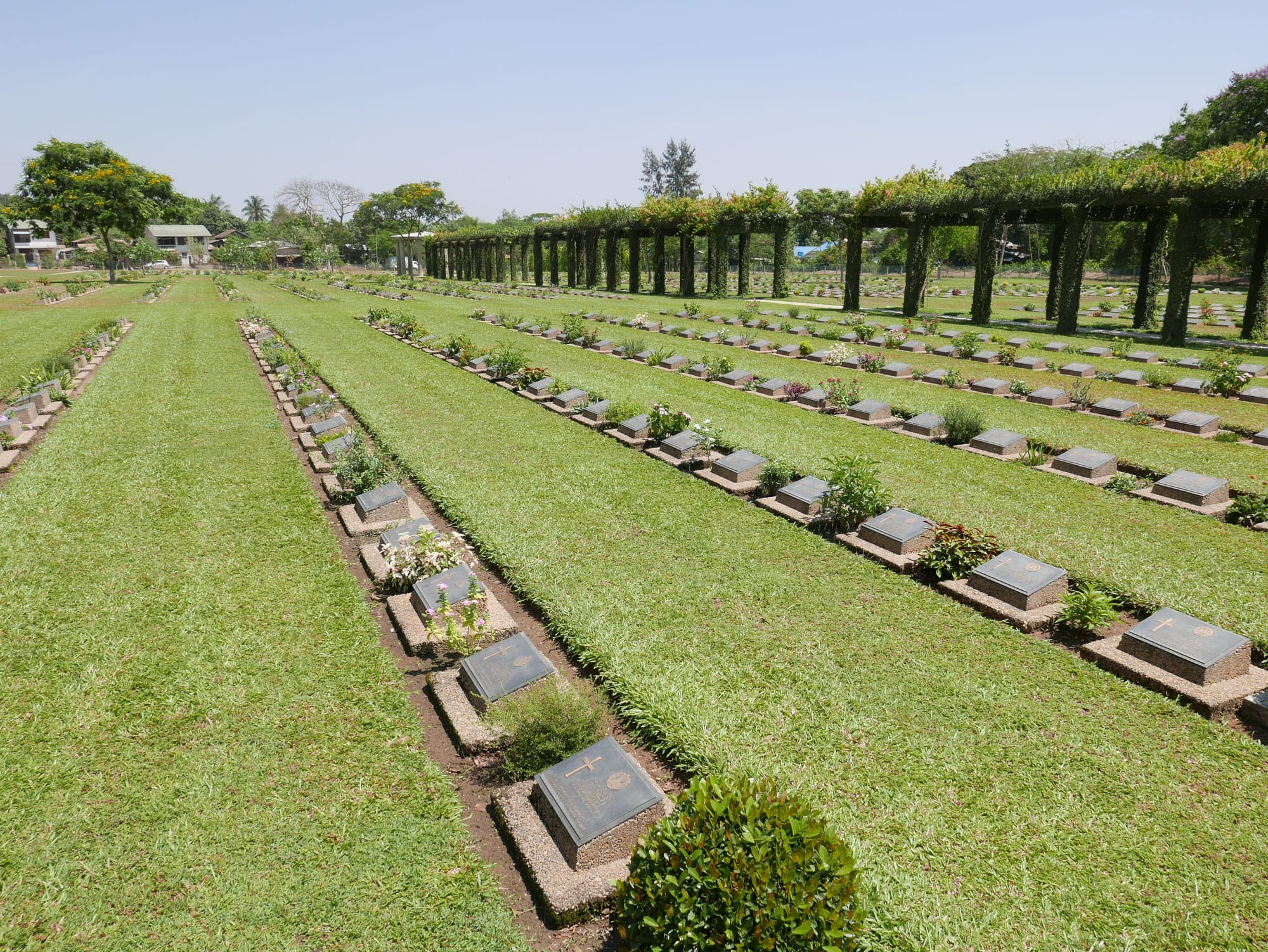
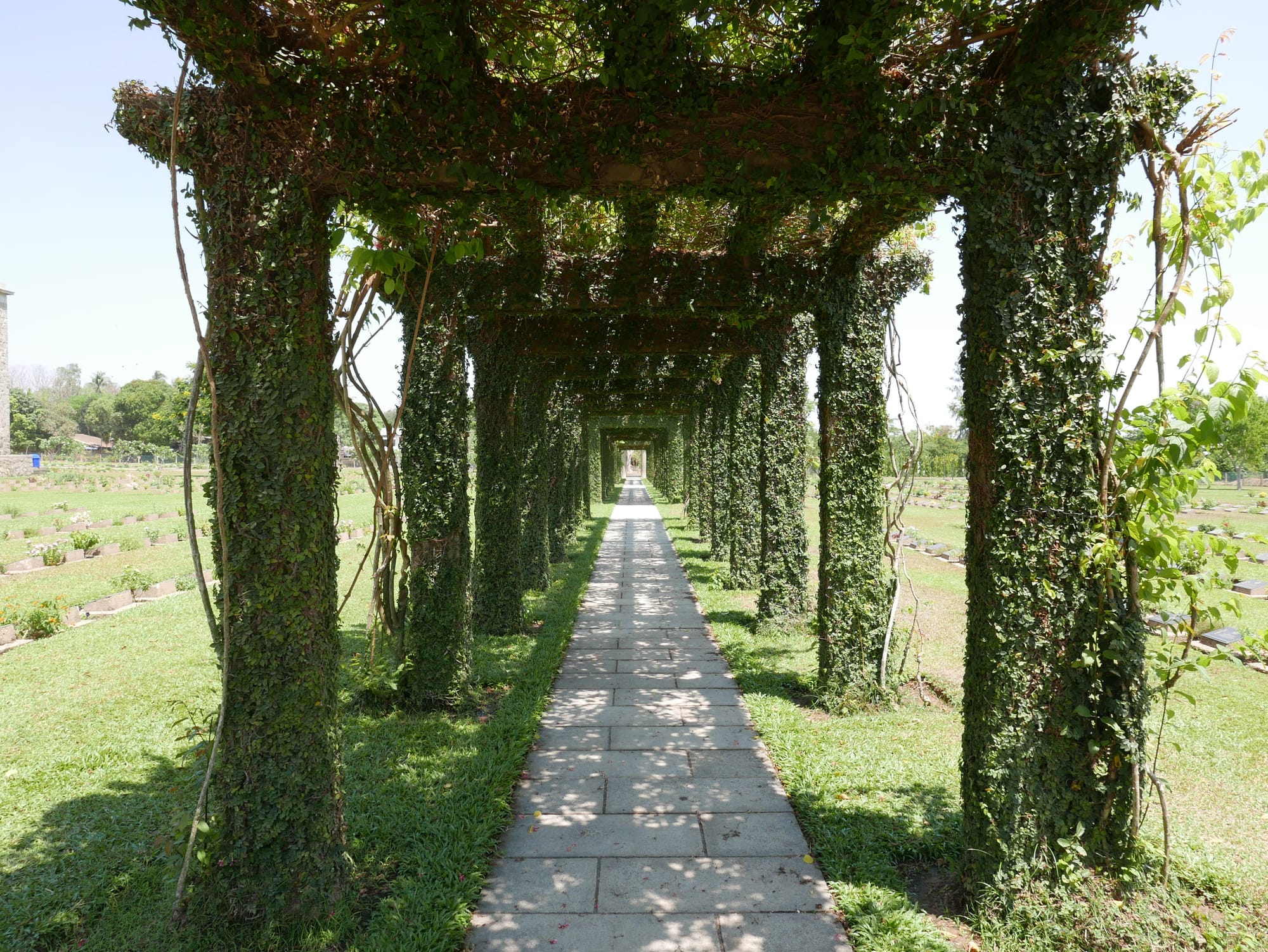
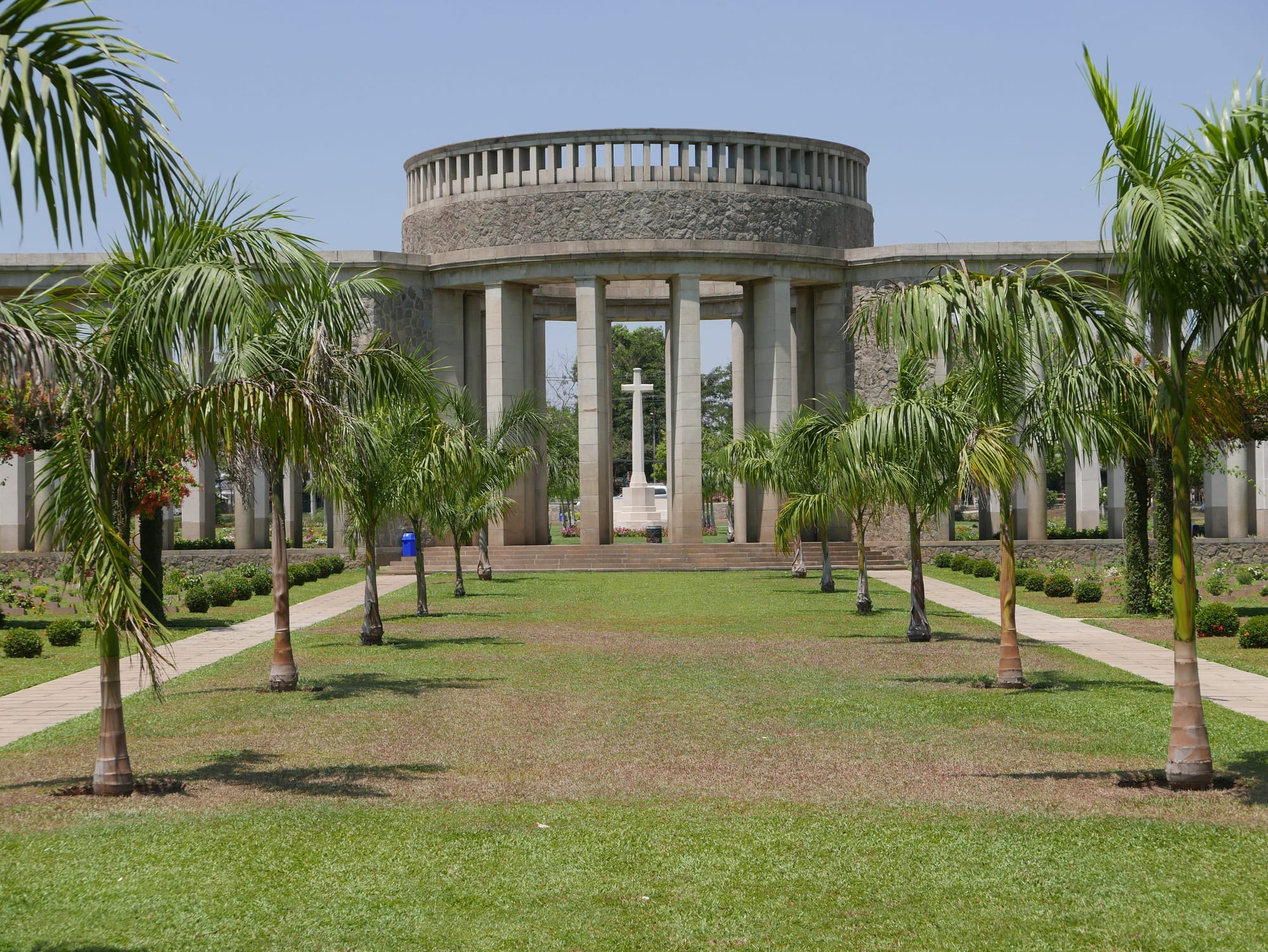
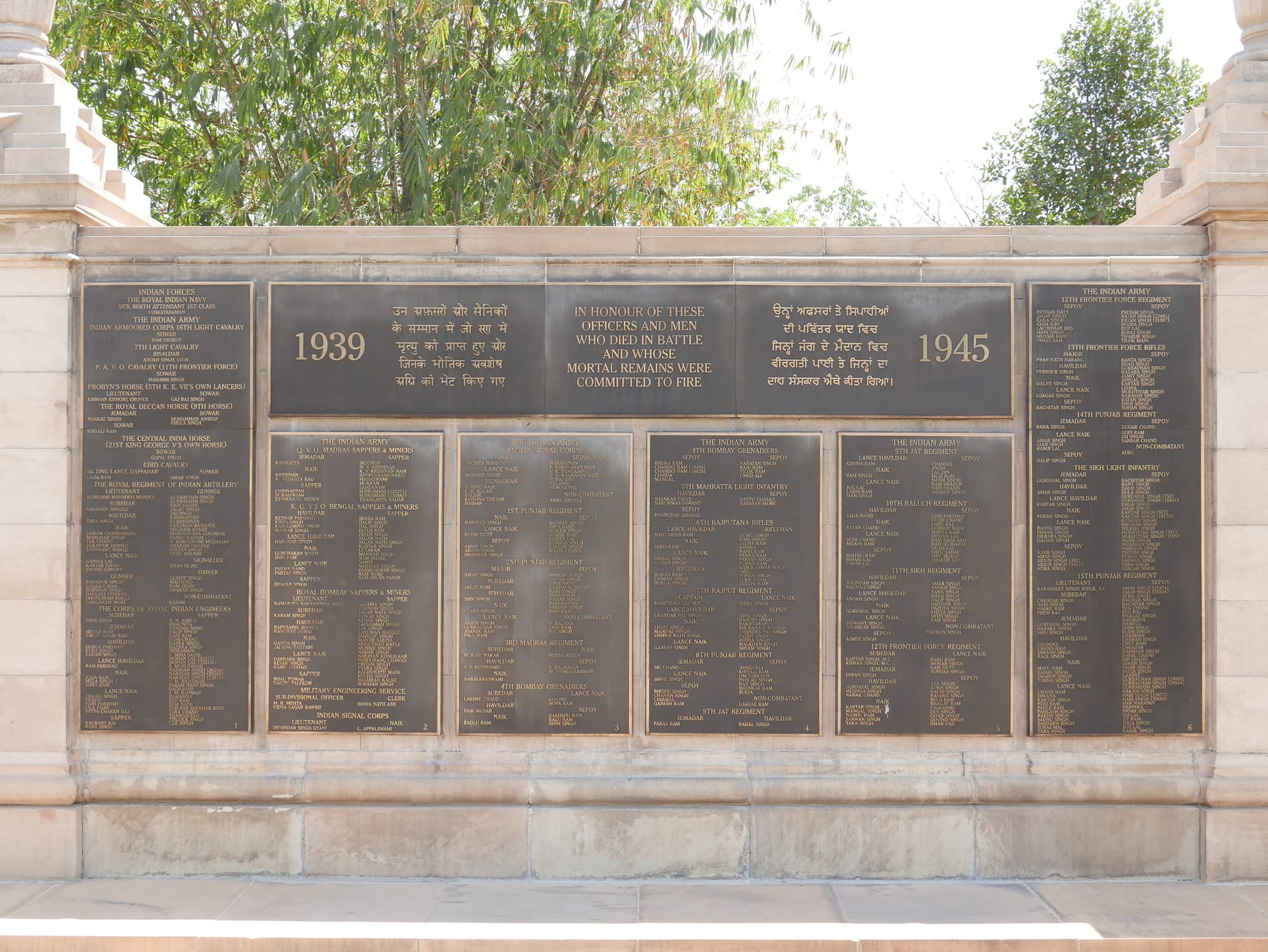
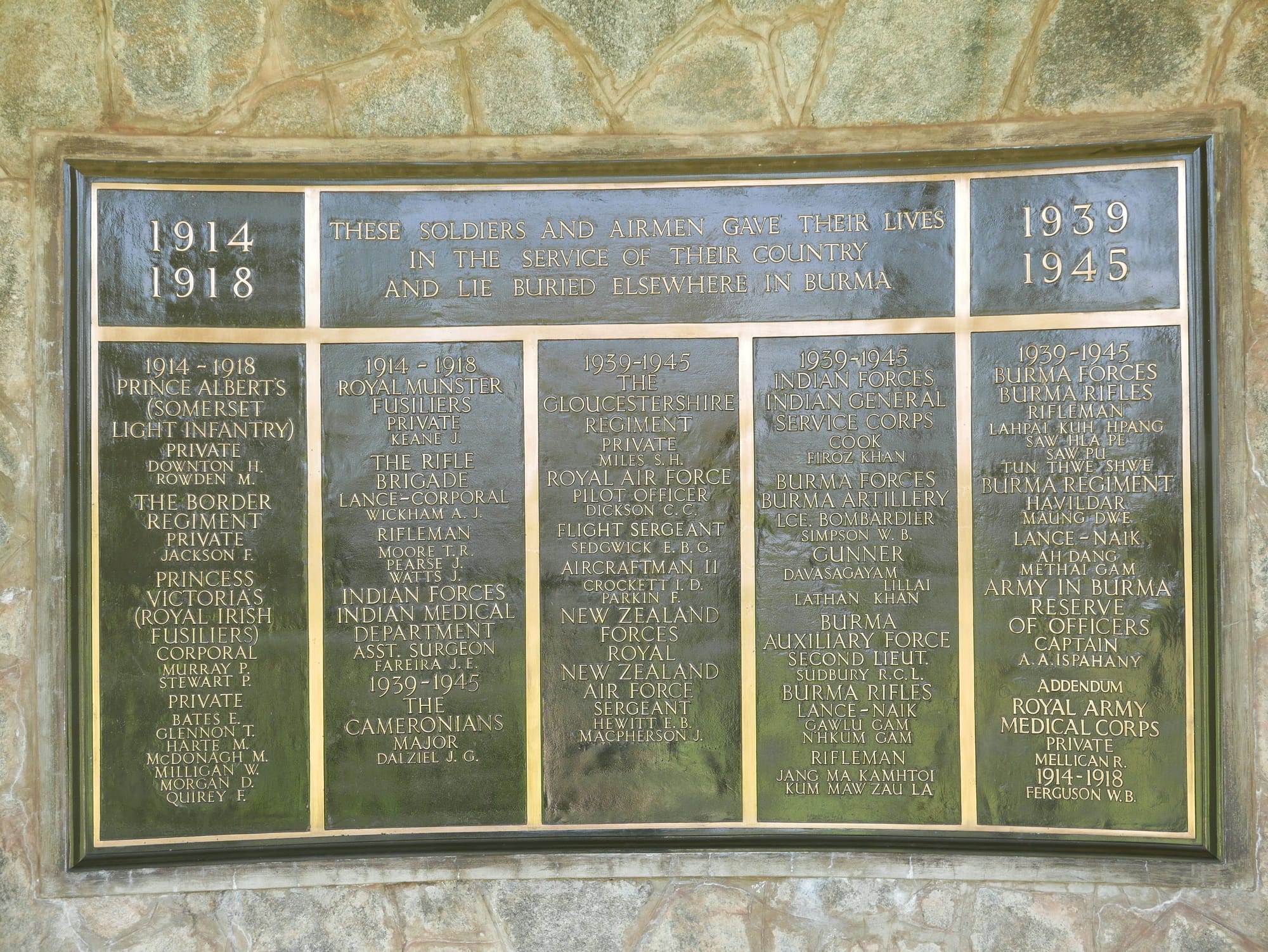
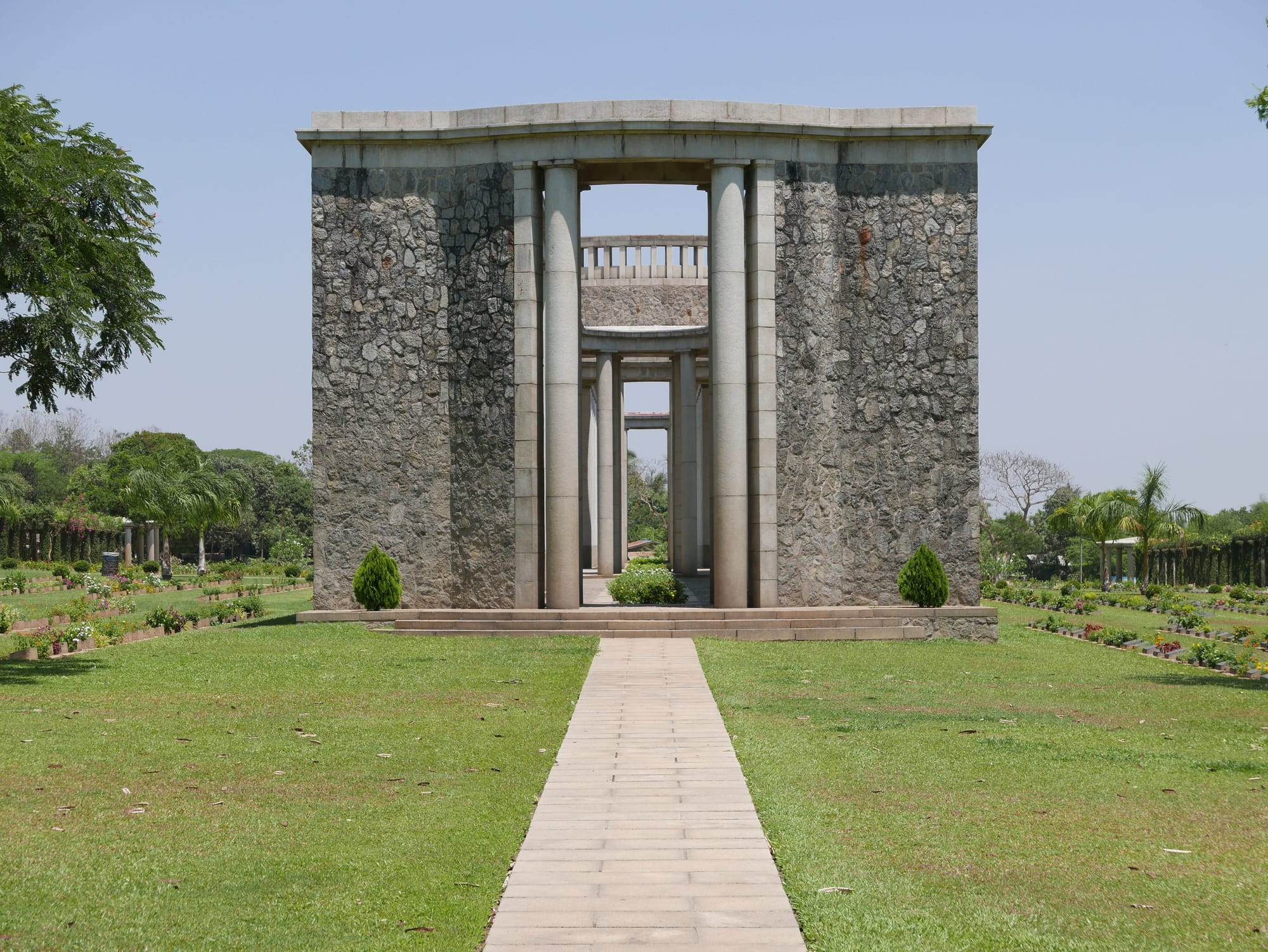
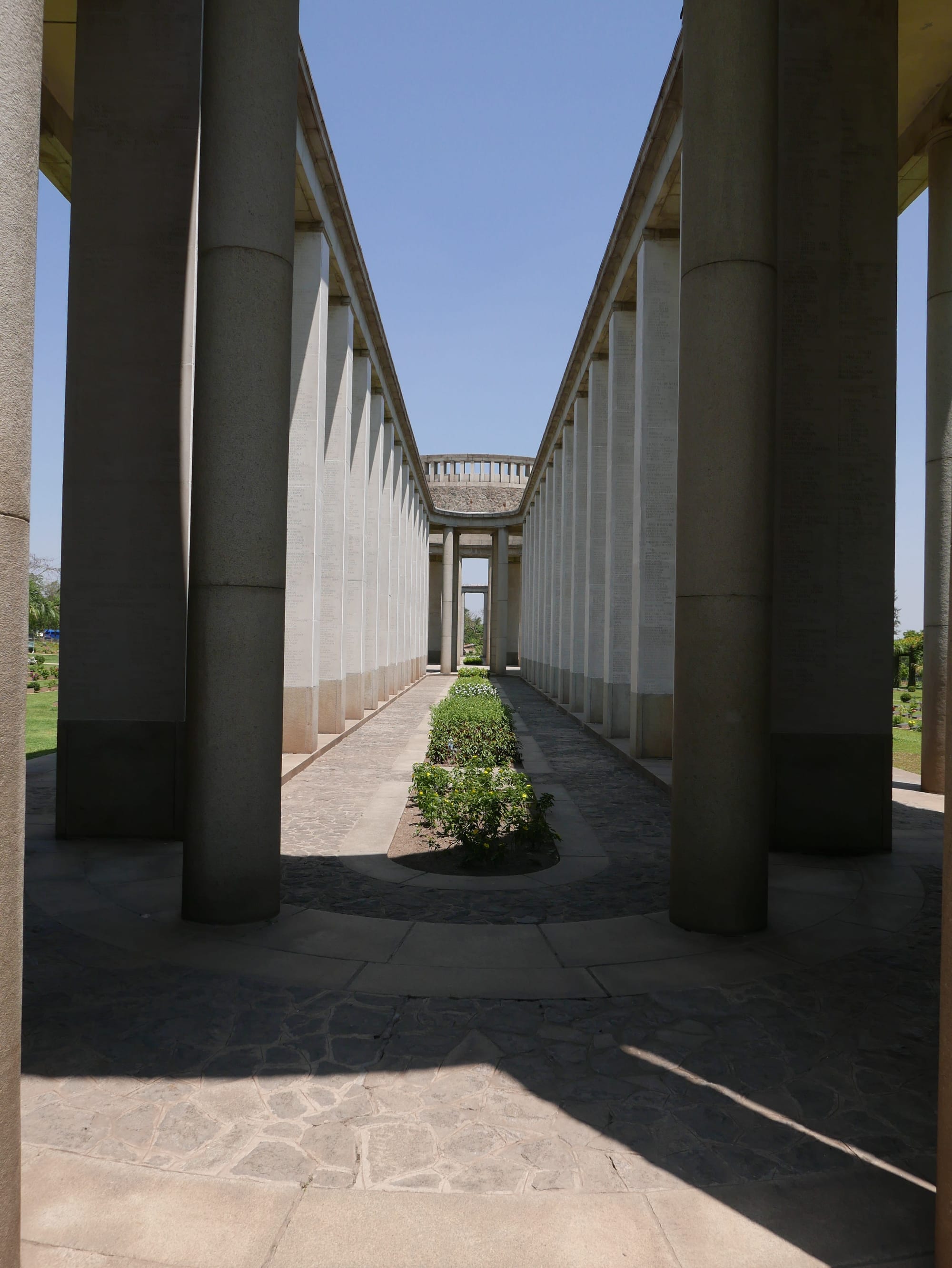
Overall, I was very impressed with the cemetery. It was beautifully maintained, and it was humbling to see all the graves and the names on the memorial.
A sobering and reflective experience.
